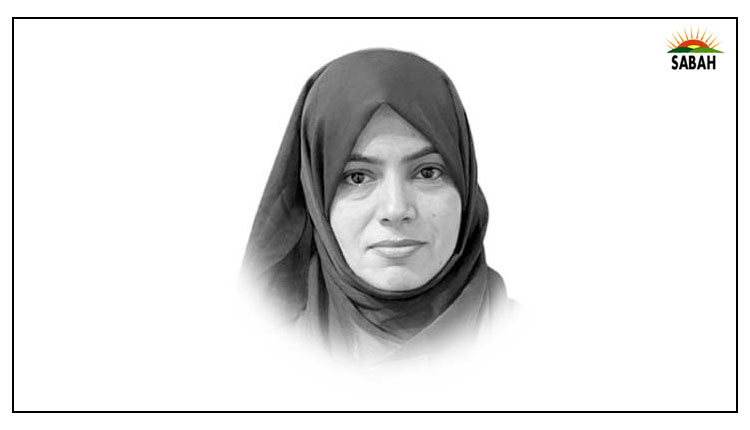Confronting workforce harassment…Saira Samo
Our struggle for safeguarding human rights, particularly womens rights, has been riddled with challenges. While globalisation has ushered in increased female workforce participation, it has also shown concern on a distressing trade-off the surge in human rights abuses. Among the most concerning is the pervasive issue of violence and harassment at the workplace.
A groundbreaking joint analysis by the ILO, Lloyds Register Foundation and Gallup reveals that nearly 23% of those employed have experienced some form of violence and harassment at work. These distressing instances encompass physical, psychological and sexual abuse.
Despite the widespread prevalence, the culture of silence is evident. Only half of the victims across the globe disclose their harrowing experiences. Fear of time wastage and tarnished reputation deters many from sharing their trauma. Women are more vulnerable, both as victims and as sharers: 60.7% of women share compared to 50.1% of men.
The repercussions are felt on multiple fronts. Globally, 17.9% of working men and women bear the brunt of psychological violence and harassment. Disturbingly, 8.5% experience physical violence, with men facing a higher proportion. Moreover, 6.3% report facing sexual violence and harassment, with women being disproportionately affected.
Pakistans Parliaments bold step on January 14, 2022, in adopting the Protection against Harassment of Women at the Workplace (Amendment) Act 2022, is a notable stride towards resolving this issue. This amendment expands the definition of workplaces to encompass both formal and informal settings, ensuring comprehensive protection.
The amendment goes beyond physical harassment, also covering gender discrimination and broader forms of harassment. It extends its protective umbrella to students, aligning it with the ILOs Violence and Harassment Convention (C190) principles, even though Pakistan has not yet ratified it.
In a significant transformation, the definition of an employee now encompasses not just contract workers, but also domestic, gig, temporary, part-time, freelance, trainees and home-based workers, addressing 70% of Pakistans workforce.
By widening the definition of a workplace, the amendment adapts to the modern work environment. This provides safeguards not only for office employees but also for artists, athletes and performers, reflecting the commitment to holistic protection.
Encouraging female participation by removing gaps in the existing law this proactive stance seeks to provide clarity on diverse forms of harassment experienced in the workplace.
Statistics from the FOSPAH report provide a grim picture: 2,169 complaints from 2018 to 2022 in the government sector, with women lodging 582 and men 148. In the private sector, 994 women and 445 men lodged complaints, revealing the extent of the challenge.
A pervasive issue plaguing Pakistan is sexual harassment in the workplace. A survey highlights a staggering 93% of women in public and private sectors facing such abuse.
The sexual harassment issue stands in violation of several international conventions. Universal Declaration of Human Rights (UDHR) Article 23; International Covenant on Economic, Social and Cultural Rights (ICESCR) Articles 6 and 7; and Convention on the Elimination of All Forms of Discrimination Against Women (CEDAW) Article 11 affirm the right to work free from harassment.
Institutions are legally required to establish a committee on sexual harassment and implement a code of conduct for employees. This not only assures victims of a mechanism to address their grievances but also holds employers accountable for maintaining a safe work environment.
Confronting workplace harassment requires a tangible effort, transcending legislative amendments. Raising awareness, empowering victims, instigating legal consequences and forming a culture of respect are essential components. Its time to harness the power of legislation, societal transformation and collective responsibility to ensure a safe and equitable future for women.
Courtesy The Express Tribune












